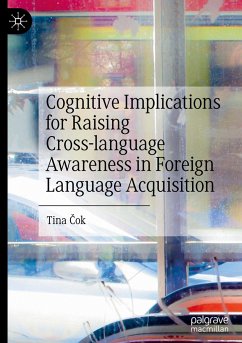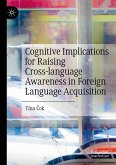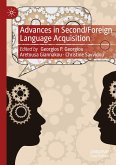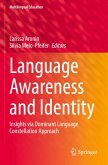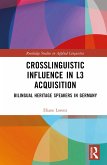This book focuses on the role of cross-language awareness in foreign language learning, especially unrelated languages as a third or additional language. It brings together theoretical and empirical approaches to the study of foreign language acquisition, with special emphasis on the role of discrepancies in the cognitive processing of typologically different languages. The author defines unrelated languages in the context of methodological approaches to foreign language acquisition, investigates cross-language awareness competence in the context of unrelated language acquisition, establishes cognitive approaches to foreign language acquisition, and provides empirical evidence of discrepancies between languages using verbal aspect as an example. Finally, the empirical results are put into practice through guidelines and recommendations for raising cross-language awareness in third language acquisition. The interdisciplinary understanding of foreign language acquisition presented in this book will make it appealing to a wide readership of graduate students, faculty members and academic researchers in the fields of Second Language Acquisition (SLA), Third Language Acquisition (TLA), Psycholinguistics, Cognitive Psychology and Education.
Bitte wählen Sie Ihr Anliegen aus.
Rechnungen
Retourenschein anfordern
Bestellstatus
Storno

